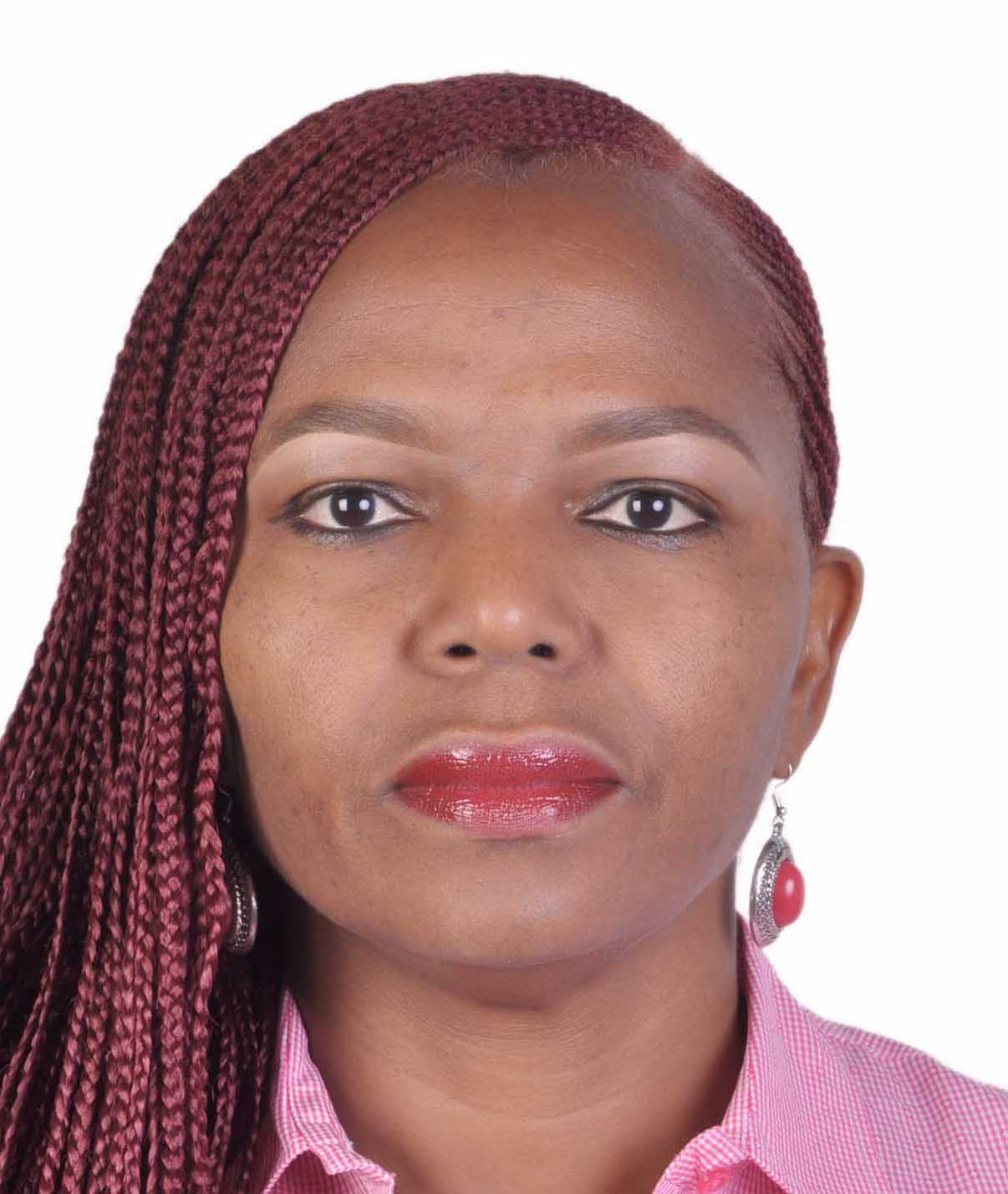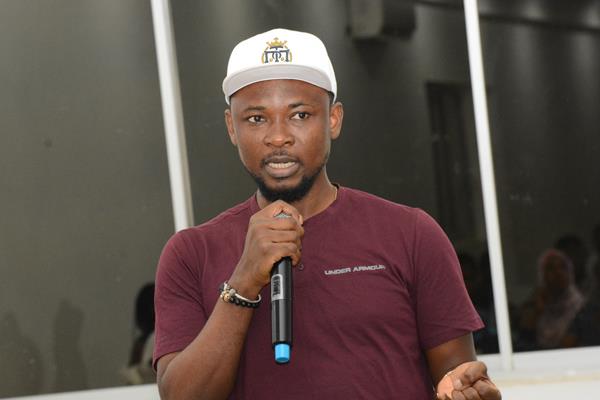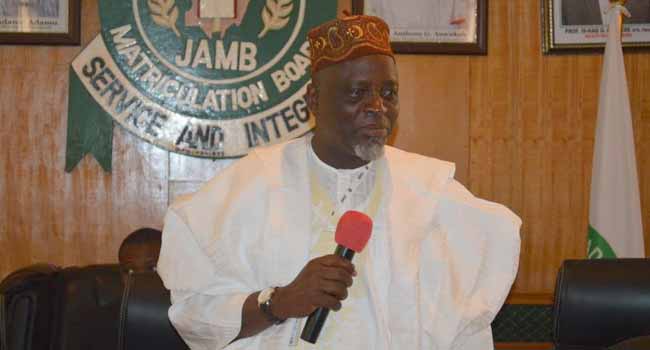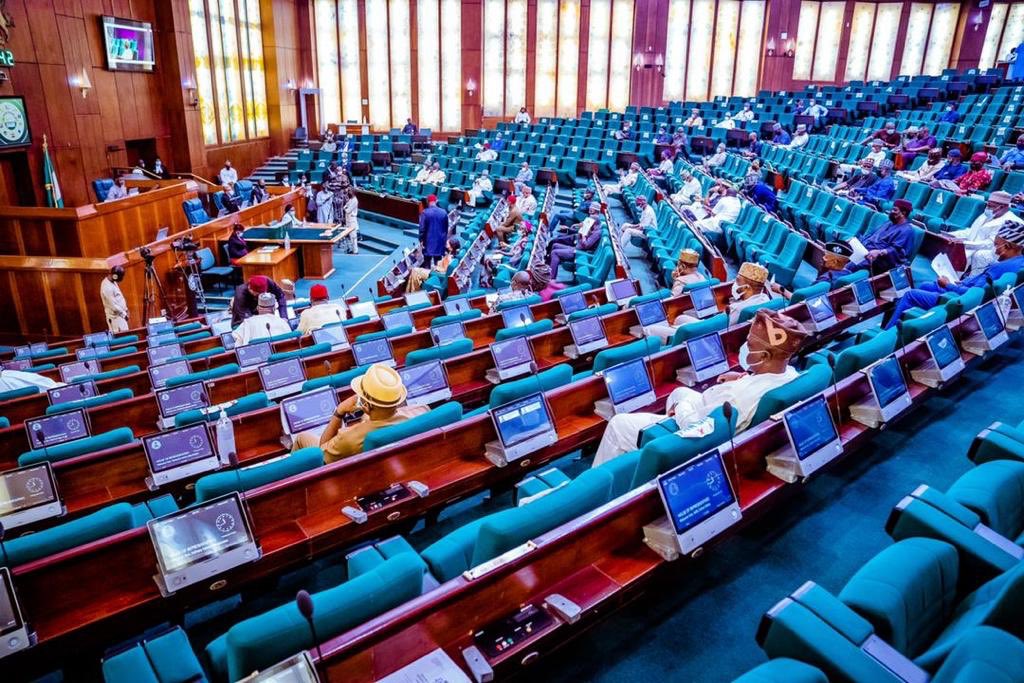About two weeks ago, news trended about singer Seyi Shay’s remarks to an aspiring contestant on the 6th season of the Nigerian Idol musical talent show. Seyi Shay had burst out in laughter mocking the 17-year-old Mayowa after his performance. Explaining that: “I am laughing at the fact that I just can’t believe what I just heard.” And when he said he had been nervous, Seyi Shay had more words to say to him: “Somebody lied to you. Somebody told you to come here and audition. And that person, you should go back and tell them that they’re not your friend because that was not a good audition. You have a sweet-talking voice and it comes out in your singing voice. But your performance, terrible. You’re never going to make money being a singer. Thanks.” Understandably, many Nigerians were angry and expressed their feelings on social media. Although Seyi Shay has been the main focus of this anger, the other judges, Obi Asika and DJ Sose are not without blame. They contribute to the general unwelcoming air on the judging table.
So, the question I’ll like to ask is whether the Nigerian Idol judges for this season are up to the task? The reason for this question isn’t solely based on judging aspiring contestants. As far as judging is concerned, I don’t think there can necessarily be a science to it because it isn’t two plus two. Yes, there are bound to be some cases where there’ll be near-unanimous agreement about a candidate’s talent or the lack thereof. As a viewer, there’ll be some contestants you’d want to pick and never understand when they’re not chosen. This was the situation I was grappling with The Voice Nigeria season 3 Blind Auditions. I was almost going to swear off the remaining blind auditions because quite a few people I thought should’ve been chosen didn’t get any coach to turn for them. Conversely, there are also people I didn’t ‘feel’ who got selected, sometimes even getting all four judges to turn.
I’m saying all of this to say that the issue with the judges of the Nigerian Idol isn’t solely in who they said yes or no to. First off, the format of the show itself gives room for humiliating people. It’s like the space to humiliate ‘unworthy’ contestants is built into the show. Remember it’s not broadcast live. This means whatever the viewer is watching is what the producers feel confident enough to share with the rest of the world. It means that they think it’s alright to strip people of the little dignity they have left. That after waiting for hours on end in all kinds of harsh weather, that a contestant would be laughed out of court. And the producers of the Nigerian Idol and their sponsors will gladly beam that to the rest of the world. There’s no pre-screening in Nigerian Idol. Anyone and everyone can come for the audition. You can literally do a ‘Mo gbo, mo ya (transliteration: I heard, and I came/branched), come right off the street. However, those who know how to produce good TV know how to arrange auditions (perhaps through editing) to make for an interesting show for the viewer.
What’s in it for the viewer?
Advertisement
In case I forget to mention it or stress it enough, this crop of Nigerian Idol judges appears oblivious to the viewer ‘at home’. There are long stretches where they appear listless and bored. Then there are other times, each one is looking to the next judge to take the lead. You have the contestant performing to little or no additional instrumentation, after which they’re given the verdict. And when they leave, the three judges then engage in some type of banter that’s not really targeting viewers.
Before I watched clips of this current season of Nigerian Idol, the feedback hadn’t been very encouraging. A friend said the judges ‘were behaving as if the contestants were smelling.’ Two of my daughters, 19 and 21years old, said Seyi Shay reminded them of wicked seniors back in boarding school. Usually, some older students would get the junior students to sing for/and entertain them. And part of the drill was for the seniors to show as much disinterest/boredom as possible. Even the boldest could get discouraged in setting like those. This still leaves the viewer out of the equation. Are viewers supposed to find all that gratuitous cruelty entertaining?
What Does Nigerian Idol Really Want to Achieve?
Advertisement
Some might say anyone who wants to do well in this business needs to develop a thicker skin, and so on with such platitudes. Is life in Nigeria not tough enough? Should the sponsors of Nigerian Idol strive so hard to contribute to the general heaviness (of heart) in Nigeria by dishing out humiliation to young and impressionable Nigerians?
Perhaps, one good option is to weed out some ‘chaff’ before the main auditions. It doesn’t matter if that’s not what happens with the international Idol franchise. After all, American Idol has four judges and as far I can see now, there are only three judges on Nigerian Idol. So, if they can act independently on something as visible as the number of judges, they can find a way to produce a more wholesome show.
The Race to Become Nigeria’s Simon Cowell
Simon Cowell hardly needs any introduction. If you’ve followed musical talent shows for any length of time, you definitely know Simon Cowell-from X-Factor, American Idol, America’s Got Talent, etc. Cowell is known as the man with the caustic tongue who can cut anyone to size by biting one-liners delivered in his British accent. Since the emergence/rise of Cowell, there’s always been that wannabe Cowell judge.
Advertisement
Back in the day, Afrobeat musician, Dede Mabiaku tried to be Cowell on Idols West Africa. Musical artiste Kcee, (formerly half of the winning duo of KCPresh which won the maiden edition of Star Quest in 2002 returned as judge with Presh on the show in 2010. His most screamed line was “next” (which he pronounced “Nesst”). Nigeria and Nigerians love the idea of selectively copying people or other countries. Cowell is a star-maker having to be involved in putting together successful groups like One Direction, Fifth Harmony, Little Mix, Il Divo, and many others. What’s more, Cowell is at least witty even if caustically sarcastic.
What’s the point of judges going out of their way to humiliate people just for the heck of it? If they don’t care about the contestants, do they at least care about the viewers?
#THROWBACK
Who’s writing Netflix’s Nollywood subtitles?
Advertisement
Getting subtitles right can be a challenge. All you have to do is check some of the subtitles on Nollywood, Kannywood, and Yoruba films. It’s especially disconcerting when the viewer understands the language being spoken. Of course, he or she would be none the wiser if they didn’t understand the original language. I have been watching a lot of Korean drama/films on Netflix and only God knows how correct the translation/subtitles are. I just have to go with whatever the translation says. Although it helps that credit is usually given to the translator. So, there’s a name attached which means if one has any complaints, there’s someone to reach out to.
However, my concern today is the subtitling of Nigerian and other African films on Netflix. When Fifty (directed by Biyi Bandele) became the first Nigerian film to appear on Netflix sometime in late 2015 or early 2016 (I’m not sure of the exact date), there were many noticeable errors, some as prominent as writing wrong names for characters. For instance, Kemi ‘Lala’ Akindoju’s character’s name Chichi is mangled to something unrecognizable. It’s only in the credits that the correct name becomes clear.
Advertisement
It’s 2020. We now even have a bona fide Netflix Naija. Why do we still have incorrect subtitles? Or rather, still so many incorrect subtitles? Is it Netflix or should we hold filmmakers responsible? Mind you, my main concern is not the translation of any Nigerian language to English but the correct representation of the English being spoken in our films correctly. So, who do we hold responsible? Now, you may be asking why I enable my subtitles seeing the language being spoken is English? Most of the time, it’s a carryover from watching some other non-English content. Which is just as well, otherwise, I would’ve missed this in Living in Bondage: “When you have no offence or facts to challenge his intellectual know-how, you ‘result’ to report the colonizers.’ This sounds like some of the subtitles in Yoruba and Hausa films. Also, when characters are speaking Pidgin English, we’re told they are speaking Igbo.
Yet, I stopped paying attention and put this subtitling confusion out of my mind until I saw Sugar Rush (directed by Jade Osiberu). Granted the film has its own fair share of grammatical errors that didn’t come from Netflix. Gina (Toke Makinwa) says to the Sugar sisters: So, you kill my father and “carted away with one million dollars of my money.” At some point in the film, she also says: “You don’t know half of it” (Should be ‘You don’t know the half of it’). And when Idowu Philips ‘Iya Rainbow,’ Mrs. Sugar says: “I won’t be around for long much,” I don’t know what to think. Nonetheless, it’s the subtitling of Andy’s (Tobi Bakre) “Heh, God” to ‘He-goat’ that finally makes me speechless.
Advertisement
The Perfect Picture: 10 years later (directed by Shirley Frimpong-Manso) has even more problems. In addition to words like herbs being changed to help’s, the film has a truckload of what I call a rash of apostrophes. Apostrophes appear almost everywhere an ‘s’ ends a word, for example: “Your mother say’s you’re not doing well” Dede (Lydia Forson) to Nigel (Raphael Boakye).
There are also other wrong subtitles: “Now let’s hot the road running” when the person Ofela (Adjetey Anang) actually says to Larry (Chris Attoh): ‘Let’s hit the road running.’ Cedi (as in Ghana Cedi) is written as Sidis. Then there are the words of a song: “We were leaving happily” instead of ‘We were living happily.’ How about: “And when Aseye that you have to tell me everything” instead of ‘And when I say that you have to tell me everything,’ which is what Flora (Joselyn Dumas) says to Dede. The mistake may have come from the fact there’s a character with name of Aseye (Jackie Appiah).
Advertisement
I could go on but let’s end with this: Someone who raped a 21-year old to satisfy her “pseudo-machismo pleasures” while the Joselyn Dumas character actually says: ‘sado-masochism’ which pronounces as ‘maso-chee-sm.’
Anyhow, when all’s said, viewers just expect to see as few mistakes as possible.
Onoshe Nwabuikwu, AIRTIME columnist is a renowned TV/Film critic, and Film scholar. She also has experience in Advertising as a senior Copywriter and Corporate Communications as Communications consultant
Add a comment







